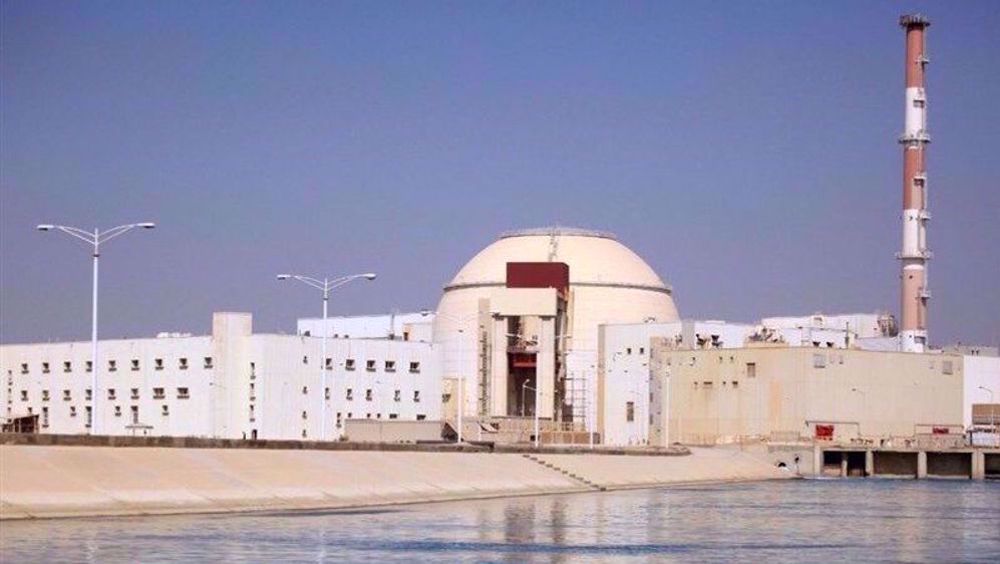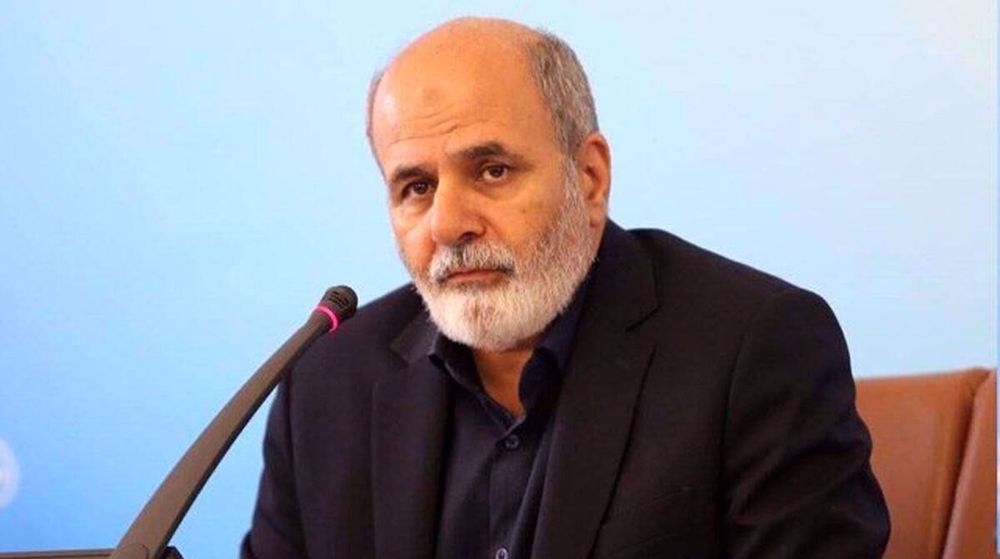Norway supports EU efforts to safeguard Iran nuclear deal
The Norwegian Foreign Ministry says Oslo supports efforts by the European Union to safeguard the Iran nuclear deal, amid the bloc's promises that it will protect the Joint Comprehensive Plan of Action (JCPOA) following the US withdrawal from it.
Oslo backs efforts by the EU to maintain the JCPOA, the Norwegian Foreign Ministry said on Wednesday after a meeting between the head of the Atomic Energy Organization of Iran (AEOI), Ali Akbar Salehi, and the Norwegian foreign minister, Ine Eriksen Søreide, in the Norwegian capital, IRNA reported.
The ministry described the talks between the two sides as constructive and said the Iranian and Norwegian officials highlighted the significance of the JCPOA in the reinforcement of regional stability and security.
The Norwegian foreign minister also urged the Iranian side to continue to fulfill its obligations under the JCPOA, the ministry added.
Earlier, Salehi, who is in Norway to attend the annual Oslo Forum, also sat down with Norwegian Prime Minister Erna Solberg as well as UN Secretary General Antonio Guterres to discuss the latest developments regarding the Iran nuclear deal following the US withdrawal from the JCPOA.
Last month, US President Donald Trump announced Washington’s pullout from the JCPOA and vowed to impose “the highest level” of economic bans on the Islamic Republic, drawing strong criticisms from the remaining parties and the entire world community.
Iran has said it will remain committed to the deal for the time being, pending negotiations with other signatories to the JCPOA to see if Tehran’s interests would still be protected under an accord without the US.
Separately on Wednesday, a senior adviser to Leader of the Islamic Revolution Ayatollah Seyyed Ali Khamenei said the Europeans should force the US to stop obstructing the implementation of the JCPOA.

“Europeans must fulfill their obligations under the JCPOA and force the United States to stop its acts of sabotage,” Ali Akbar Velayati told reporters in Tehran.
The former foreign minister said the Iranian nation had announced its conditions for remaining in the JCPOA and would by no means compromise them.
Since Trump’s announcement on May 8, European countries have said they will try to keep Iran’s oil and investment flowing, but have also said they will struggle to provide the guarantees Tehran seeks.
Earlier this month, the European Commission adopted an update of a law that would order EU firms not to comply with US sanctions on Iran, a move aimed at countering the possible effects of the bans on European companies wanting to invest in Iran after Washington's exit from the Iran nuclear deal.
The decision is “meant to help protecting the interests of EU companies investing in Iran and to demonstrate the EU's commitment to the Joint Comprehensive Plan of Action (JCPOA),” the commission, which serves as the executive arm of the EU, said in a press release on June 6.
The European regulation, called the "blocking statute," was originally created in 1996 to defend European businesses from US penalties for dealing with Cuba. The system, which was never actually used, permitted European companies to ignore the US sanctions and said that any decisions by foreign courts based on the sanctions would not be upheld in Europe.
"If no objection is raised," the legislation will come into effect "no later than the beginning of August, when the first round of re-imposed US sanctions" will take effect, the commission added.
Israeli forces assault, strip Palestinian woman
Israeli army withholding info on forces amid intl. arrest fears
Iran, Turkey to resolve issue of stranded trucks soon: Minister
VIDEO | Extensive military drills underway in western Iran with focus on rapid deployment
VIDEO | Palestinian artist preserves Gaza’s legacy by chronicling genocide
VIDEO | Billionaire Musk intervenes in UK politics
Arab League condemns map claiming Arab lands as part of ‘greater Israel’
Iran’s second copper mine reports 3-fold rise in deposits












 This makes it easy to access the Press TV website
This makes it easy to access the Press TV website